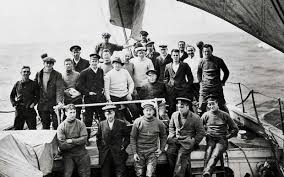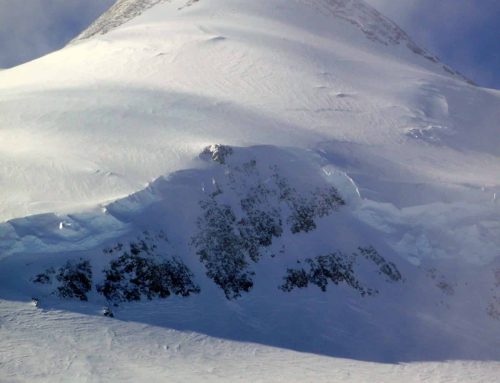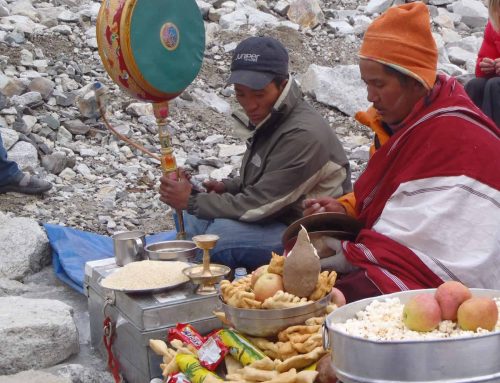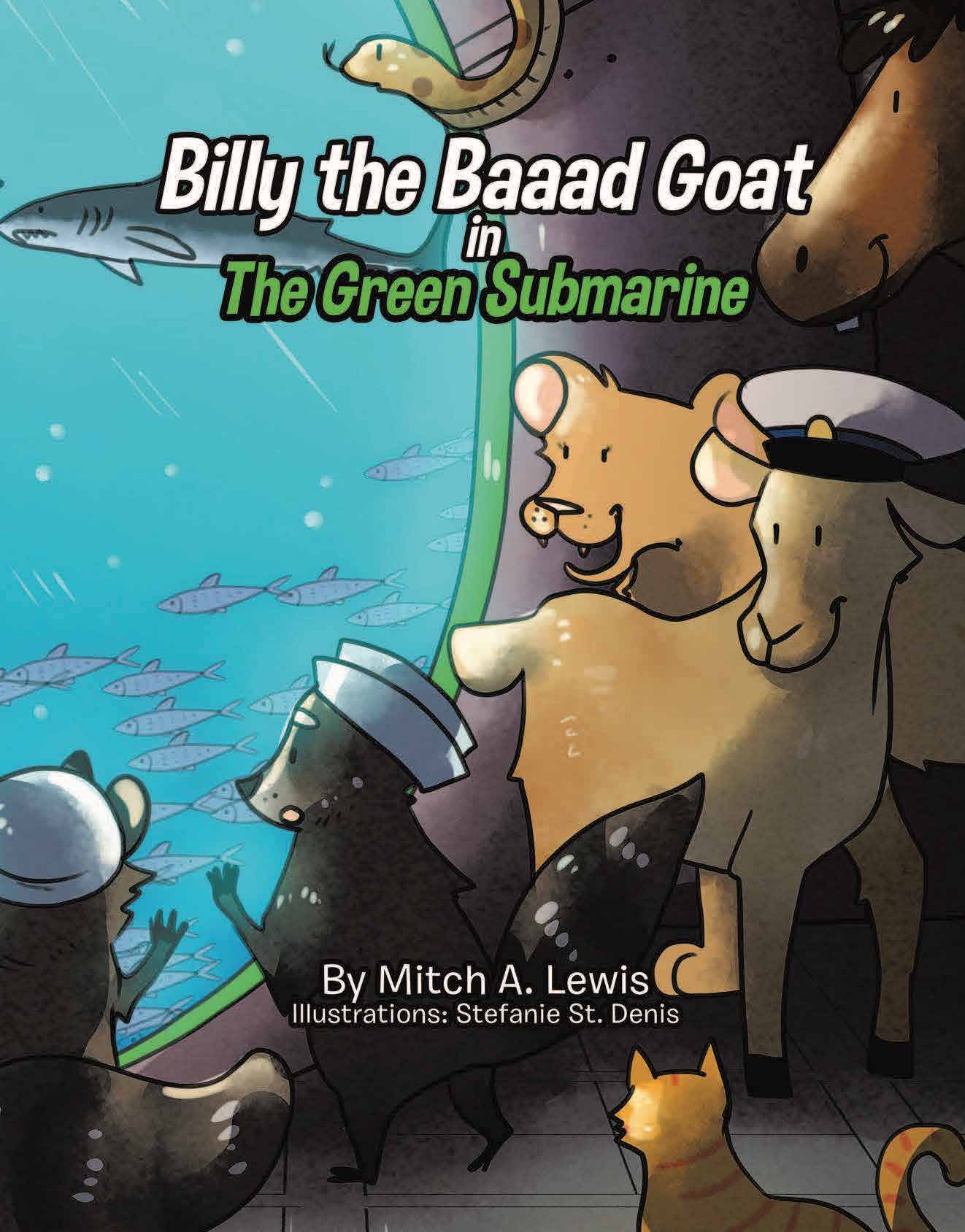
Long ago, I read a fantastic book called “South”, which is the verbatim account by Sir Ernest Shackleton on his hard-to-believe Endurance expedition of 1914-1916 where he got every one of his men safely home after their ship was crushed in the remote frozen seas of Antarctica. In the last weeks, I have been reading “Shackleton’s Way” which is an account of the leadership areas that he embodied that many of us also strive for.
“You wait. Everyone has an Antarctic.” – Thomas Pynchon, V.
Shackleton has been called the “greatest leader that ever came on God’s earth, bar one”, yet he never led a group larger than twenty-seven and failed to reach many of the goals he set. He once wrote, “I love the fight and when things are easy, I hate it”.
It is worthwhile considering the traits that made “The Boss” as his men called him, is such an amazing man to admire in our own 21st century. He built his own success on a foundation of camaraderie, loyalty, responsibility, determination, and – above all – optimism. I think about our own teams and how this last key virtue of ‘half-full’ thinking is so important in everyday conversations.
For my colleague Peter who told me before Everest that it is “better to be a live dude than a dead hero”, Shackleton told his wife “better a live donkey than a dead lion” before turning back from his Farthest South journey on the Nimrod expedition. He always, always, chose to live another day to conquer another even bigger goal. How many of us have used the line that we ‘do not want to die on this mountain’ regarding a trade-off in our lines of business?
The book notes: “Today, Antarctica looms large in the Western psyche. It is a symbol of the unattainable dream, of absolute isolation, of man’s hardest battle against nature, and of the ultimate measure of a person’s mental and physical capabilities. It represents the kind of test that, if you survive at all, it is by the skin of your teeth and you emerge a better person for it”.
As someone who has had the goal of becoming a “better person whatever that is” for years in my to-do list, this is particularly interesting to see how the test will manifest itself in the coming weeks of the expedition.
When I was first to Antarctica in 2005 for the marathon, I do remember the majesty, the quiet, the colors, the isolation and the beauty, and I got to experience it again late in 2012 while climbing Mount Vinson.
Some people who travel to the Antarctic describe it as a religious experience and say it is as much about the inner journey as the actual expedition. I expected equal amounts of emotionalism and learning from explorers and leaders like Shackleton.
He talked a lot about:
– Bringing a diverse group together to work towards a common goal
– Handling the constant pessimist and integrating him/her into the group
– Perking up the constant worrier – bring them along
– Keeping the disgruntled from poisoning the team
– Battling boredom and fatigue, the drudgery vs. the excitement
– Bringing order, process and structure to a chaotic environment
– And … very apropos, working with limited resources.
What I love about the Shackleton story is that he was an “average person”, he taught himself to be an “exceptional one”. One of the tenants I think about in the Your Personal Everest realm is that “Anyone Can Do Most Anything” – all of us have this innate ability to do something extraordinary. His story is described as “an inspirational tale about unleashing strengths in individuals that they never knew they had in order to achieve goals – from the small to the miraculous”. WOW!! Every day we all work with our teams to do great things in our new normal environment.
“Shackleton made his men want to follow him; he did not force them to do so”. When was the last time this was taught to you in courses or by your company?
What moved me the most was when it was said that “His work continued to inspire [his crew] for as long as they lived and to inspire others long after that’. Every day I talk to someone I have worked with in the past or former bosses and think about the legacy that we all leave in the areas of which we work. His tools, it was said, were “humor, generosity, intelligence, strength and compassion” – that’s a pretty good way to start.
“Once his choice was made, Shackleton saw his commitments through to the end.”
Having a very long term goal is so advantageous in perspective and knowing what your higher purpose is. Though sometime we never reach this pinnacle, we can feel that we put everything into it and the universe was just not willing to bestow the ultimate finish line in some cases.
Shackleton made many contingency plans in great detail while still remaining flexible
The ability to adapt to changing market conditions or weather, what we can control and what we cannot, is all dependent on us thinking about several moves ahead and what might be thrown our way, weather a new market entrant or a massive storm.
Shackleton flattened what was left of the hierarchy of authority.
The men were a body, and Shackleton was the leader. When they were left stranded on the ice with no ship and hundreds of miles away from the nearest human being, there were no titles or social positions. Once their goal was changed from crossing the Antarctic ice to survival, the team pulled together as one.
Shackleton was tolerant of people’s quirks and foibles. He didn’t hesitate to pamper his men.
He was known to show remarkable kindness towards his team. One of his men wrote, “He never expects one to do more than he is capable of”. The greatest manager’s that I’ve worked for have exhibited the blend of kindness and high expectations for their team-members and colleagues.
Shackleton held small celebrations that recognized the individual.
Long before group festivities were the norm in corporate life, Sir Ernest believed in celebrating birthdays, holidays, and momentous days with team gatherings that further cemented the team as one. I’ve seen people decorate each other’s’ offices with “Hello Kitty”, sing together, and most of all bringing humor and goodwill into a work environment that is often stressful and some laughter helps to put things in balance.
Shackleton equipped the crew with state-of-the-art tools.
Though he was perpetually strapped for funds, Shackleton invested in the finest quality equipment. For us on the expedition, we made sure we had the right gear that works for us, was tried and true and appropriate for the environment we were entering into. The best leaders in the workplace make sure their people are set up for success with their own right tools for their function.
In the end, the best leaders in the world cannot always prepare their teams on what to expect. The lowest temperature ever recorded on earth was in the Antarctic, -128.6 degrees Fahrenheit (-89.2 degrees Celsius). The forecast we got was around -50 degrees on the summit of Vinson.
“I have often marveled at the thin line which separates success from failure. If you’re a leader, a fellow that other fellows look to, you’ve got to keep going.”
Sir Ernest Henry Shackleton, 1874-1922







